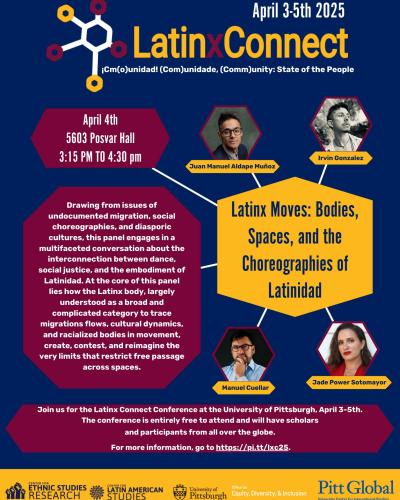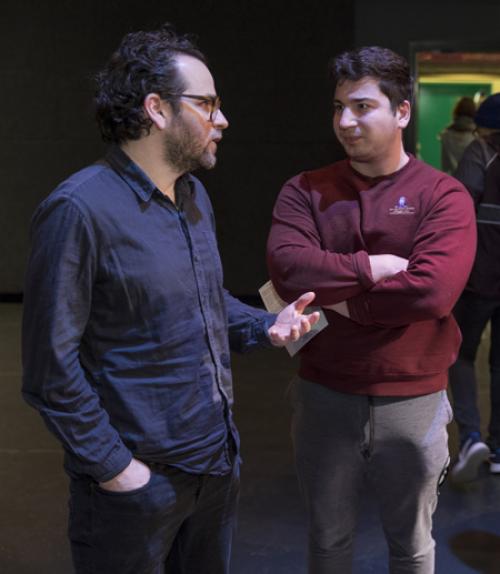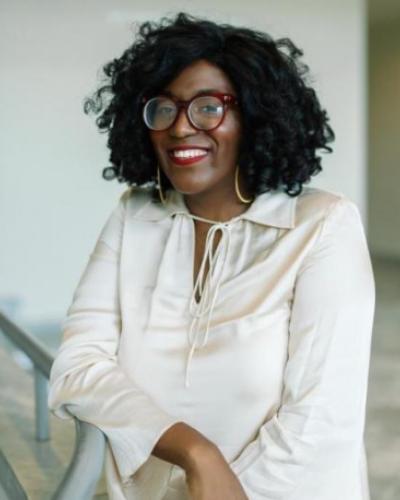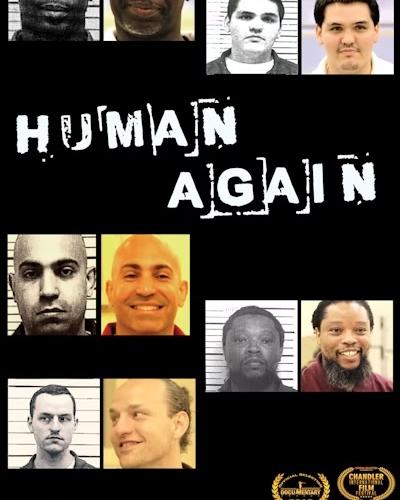
 Department Homepage
The College of Arts & Sciences
Department Homepage
The College of Arts & Sciences
Acting students treated to advice from Tony-winning director
"I was fascinated to see him peel away our over-the-top emotions to find the game and beauty of the text."



